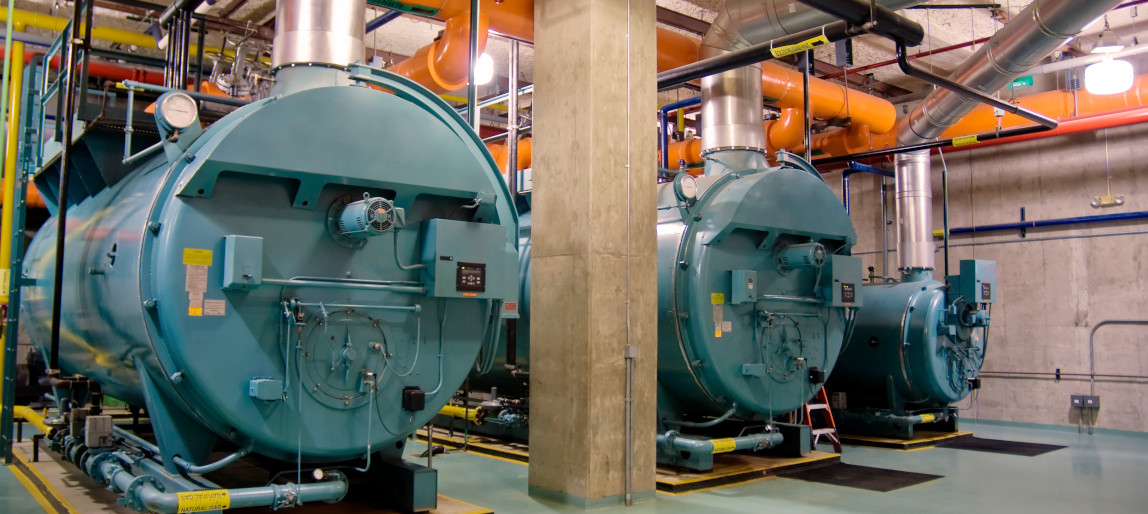Boiler emissions testing is conducted to assess the level of pollutants emitted from boiler systems during combustion. The primary purpose is to ensure compliance with environmental regulations, minimize environmental impact, and optimize boiler performance.
Contact Montrose for the environmental solutions you need today—and tomorrow. Send us a message, tell us what you’re interested in, and we’ll get back to you ASAP.
The Key Pollutants We Measure
The primary pollutants measured during boiler emissions testing typically include nitrogen oxides (NOx), carbon monoxide (CO), sulfur dioxide (SO2), particulate matter (PM), volatile organic compounds (VOCs), ammonia (NH3), and sometimes greenhouse gases such as carbon dioxide (CO2).
Our Testing Process
The general steps in boiler emissions testing involve preparation, sampling, analysis, and reporting. This includes setting up sampling equipment, collecting emissions samples, analyzing samples in a laboratory, and compiling results into a comprehensive report.
The Factors That Affect Emissions
Fuel type and quality, combustion efficiency, boiler (and burner) design and operation, maintenance practices, ambient conditions, and regulatory requirements are the key factors that can influence boiler emissions.
Our team of emissions experts take this into consideration when we gather valuable data from our emissions tests.
The Key Benefits of Boiler Emissions Testing
Regular boiler emissions testing helps identify deviations from regulatory limits, allows for early detection of potential issues, ensures compliance with environmental regulations, helps optimize boiler efficiency, minimizes environmental impact, and enhances overall operational performance.
The Regulations and Standards We Service
We serve a wide range of regulations and standards to ensure that our clients achieve full compliance with local, state, and federal requirements. Specifically, we focus on regulations such as Db and the Texas Administrative Code, Title 30, Chapter 117 (30 TAC 117). These standards are critical for controlling emissions of nitrogen oxides (NOx) and other pollutants from industrial sources.
Our services include permit and engineering tuning to optimize system performance and ensure compliance. We conduct PEMS (Predictive Emissions Monitoring Systems) audits to verify the accuracy and reliability of emissions data, and we offer Temporary CEMS (Continuous Emissions Monitoring Systems) for short-term compliance verification needs. Our comprehensive approach ensures that all regulatory requirements are met, providing our clients with peace of mind and helping them avoid potential fines and legal issues.
Contact Montrose for the environmental solutions you need today—and tomorrow. Send us a message, tell us what you’re interested in, and we’ll get back to you ASAP.


